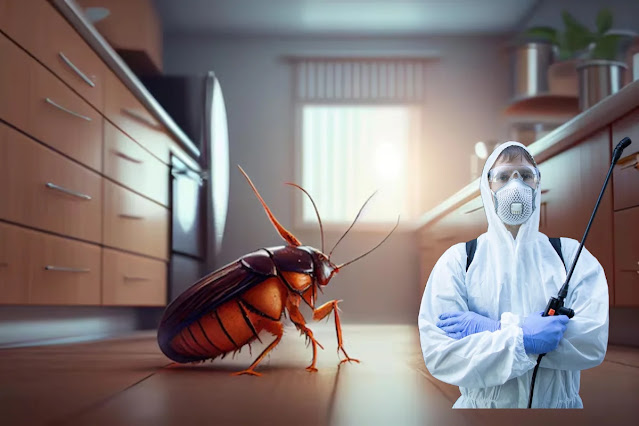What chemicals are used for wood borer treatment?
 |
Wood borers can cause extensive damage to wooden furniture and structures by burrowing into the wood. To effectively combat this pesky pest, it is essential to use the right chemicals for wood borer treatment. In this article, we will explore the common chemicals used for wood borer treatment in Mumbai and how they work to protect your property from infestations.
What chemicals are commonly used for wood borer treatment?
When it comes to treating wood borers, there are several chemicals that pest control experts typically use. These chemicals are specially formulated to target wood borers while ensuring the safety of humans and pets. Some of the most common chemicals used for wood borer treatment include:
Bifenthrin:
Bifenthrin is a synthetic pyrethroid that is highly effective against wood borers. It works by disrupting the nervous system of the pests, ultimately leading to their demise. Bifenthrin is known for its long-lasting residual effects, making it a popular choice for wood borer treatment.
Cypermethrin:
Cypermethrin is another synthetic pyrethroid that is commonly used for wood borer treatment. Like bifenthrin, cypermethrin targets the nervous system of wood borers, effectively eliminating the pests. Cypermethrin is preferred for its quick action and ability to penetrate deep into the wood to reach the larvae.
Deltamethrin:
Deltamethrin is a broad-spectrum insecticide that is highly effective against a variety of pests, including wood borers. It works by interfering with the pests' nervous system, leading to paralysis and death. Deltamethrin is favored for its rapid knockdown effect on wood borers.
Imidacloprid:
Imidacloprid belongs to a class of chemicals known as neonicotinoids, which are highly effective at controlling wood borers. It works by disrupting the pests' nervous system, causing them to become lethargic and ultimately perish. Imidacloprid is known for its systemic action, making it an excellent choice for wood borer treatment.
How do these chemicals work to eliminate wood borers?
When applied correctly by trained professionals, the chemicals mentioned above effectively target wood borers at different stages of their life cycle. These chemicals are either sprayed directly on the infested wood or injected into the wood to reach the larvae hidden within. Once the wood borers come into contact with the chemicals, they begin to absorb them through their exoskeletons or consume them while feeding on the wood.
The chemicals then work to disrupt the pests' nervous systems, leading to paralysis and eventual death. Additionally, these chemicals often have residual effects, ensuring that any newly hatched larvae or adult wood borers that come into contact with the treated wood are also eliminated.
Professional wood borer pest control services use these treatments to protect wooden structures and furniture from further damage, ensuring long-term protection.
In conclusion,
When dealing with a wood borer infestation, it is essential to use the right chemicals for effective treatment. Bifenthrin, cypermethrin, deltamethrin, and imidacloprid are some of the common chemicals used by pest control professionals in Mumbai to combat wood borers. These chemicals work by targeting the pests' nervous systems, eliminating infestations, and ensuring long-term protection for your property.
For reliable and professional wood borer pest control, VSG Pest Control offers expert solutions to safeguard your wooden assets from damage.

.webp)

Comments
Post a Comment